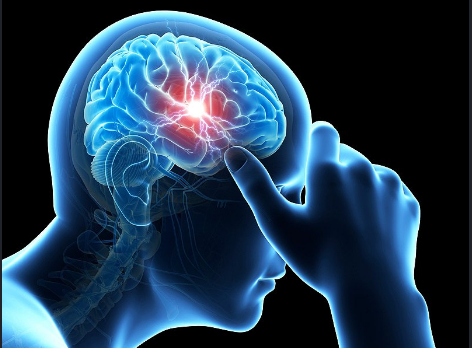What is Post-Concussion Treatment?

Concussions may result from a direct hit to your head, an accidental fall, or perhaps a sudden jerk to the body, causing the brain to hit your skull. The brain is naturally surrounded by cerebrospinal fluid, a special liquid that protects the brain from shock and daily movements. Even when the brain is safely floating in the cerebrospinal fluid, sudden movements of the body or head may still cause it to violently hit the skull, resulting in a shock to the brain. This can further lead to symptoms like dizzy spells, blackouts, and/or disorientation.
When you experience a concussion to the head, having yourself checked for more serious injuries is crucial so as to prevent conditions from worsening or going undetected. A concussion is one of the most common forms of mild traumatic brain injury. Although concussion treatment in a Toronto Rehab Institute isn’t always necessary, it pays knowing that you are safe from more severe conditions. Depending on the severity of the concussion and resulting injuries, consulting with your doctor and/or turning to a Toronto rehab institution would be highly recommended.
Like many head injuries, symptoms of a concussion may not be evident right after the incident. When you’ve experienced a concussion or head injury, some symptoms to watch out for include headaches, dizziness, fatigue, poor concentration and memory, sleep disturbance, tinnitus, sensitivity to light/sound, irritability, and neck pain. All these symptoms should cause you to consider seeking post-concussion treatment in Toronto. Concussions or mild traumatic brain injuries can be assessed and treated through a Toronto rehab institute’s concussion program. These assessments can include brain mapping, vestibular system evaluations, eye movement quantification, cranial nerves evaluation, and a combination of other psycho-physiological and neurophysiological tests, which can help determine the right approach to treatment for your specific brain. Training includes Neurofeedback, vestibular rehabilitation, sensory-motor integration, peripheral Biofeedback, manual therapy, nutritional support, sleep hygiene and neuro-educational sessions, psychotherapy and more.
